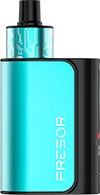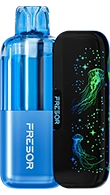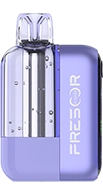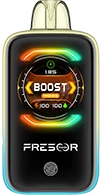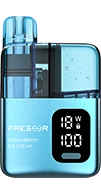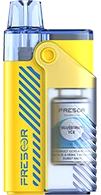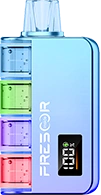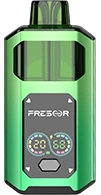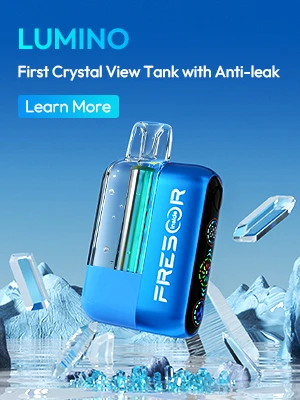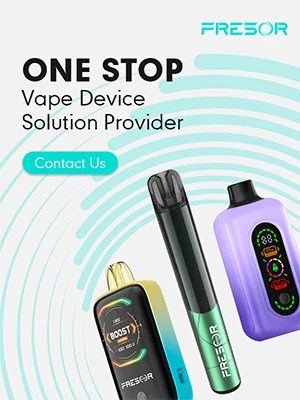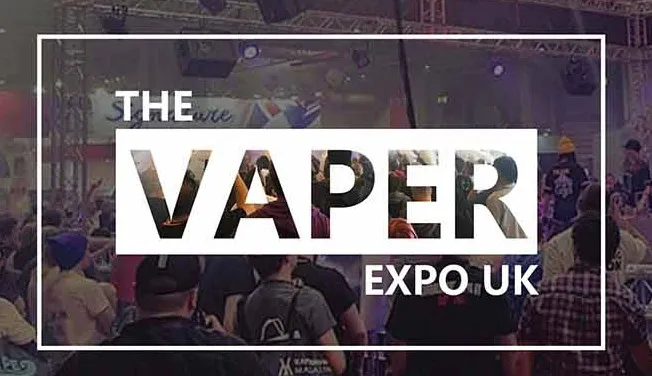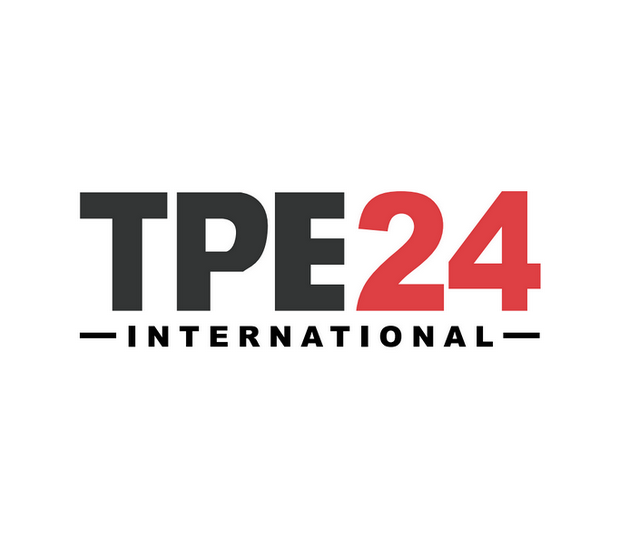Norway's Vape and E-Cigarette Regulations

18 August 2023

Introduction
In the enchanting landscape of Norway, a nation known for its stunning fjords and vibrant culture, a distinct trend in tobacco harm reduction is quietly taking shape. With only 8% of adults being daily smokers, the country showcases a remarkable reduction from its 21% smoking prevalence in 2008. In this progressive atmosphere, nicotine vapes (e-cigarettes) have found a legal footing, catering to those 18 and older, while nicotine replacement therapy (NRT) thrives, boasting a market worth €48.8 million. As we delve into Norway's evolving approach, we'll explore recent policy shifts and future trends, highlighting the nation's pursuit of a healthier tomorrow.
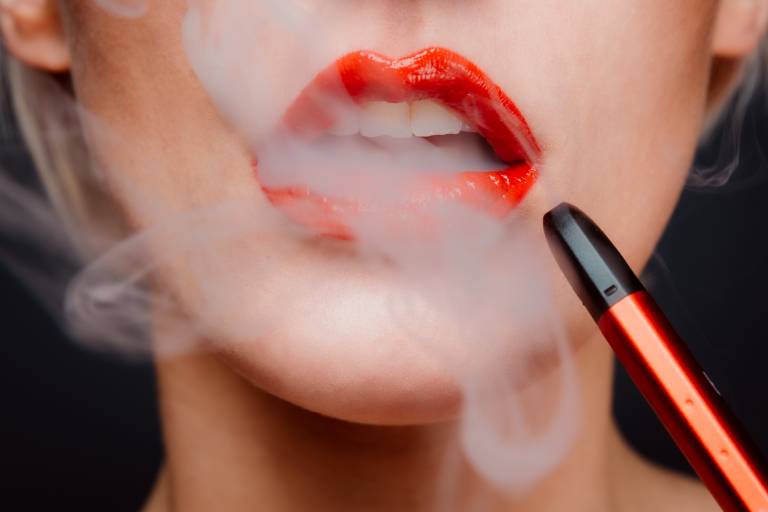
Regulatory Policy Landscape
In the midst of Norway's sweeping efforts to protect its citizens from the health risks associated with tobacco, the landscape of nicotine consumption is evolving. Despite stringent tobacco measures, vaping has gained popularity, with 13% of those aged 16 to 74 becoming regular vapers by 2020. As the nation's regulatory framework adapts, exploring Norwegian regulations on e-cigarettes becomes essential for vapers. This article delves into the intricate policies shaping the import, packaging, sale, and use of vaping products, offering insights into the changing dynamics of nicotine consumption in Norway.
General Vaping Regulations
As Norway upholds its commitment to health, vaping emerges as an alternative to traditional smoking. E-cigarette regulations, subject to revisions, have witnessed notable changes between 2020 and 2021. Previously, sales of vape juice containing tobacco and nicotine were prohibited, prompting residents to privately import products. Exclusive sales of nicotine-free vape juices to individuals aged 18 and above were mandated. However, lawmakers foresee potential changes in this regard, poised to legalize nicotine products under new guidelines. This shift reflects Norway's proactive stance in aligning its policies with evolving consumer preferences and global trends in tobacco harm reduction.
E-Cigarette Importation and Packaging Regulations
Norway's commitment to health is mirrored in its strict packaging regulations for tobacco, nicotine, and e-cigarette products. To curb promotional influences, stringent mandates require plain packaging for these items. Importation of e-cigarette components, encompassing hardware, vape juice, and accessories, necessitates adherence to EU-level standards by 2021. This emphasizes the nation's commitment to ensuring safe and compliant vaping products for its citizens. Additionally, vendors are obliged to prominently display health warnings on packaging, employing clear textual and graphical messages to communicate potential health risks to consumers. This comprehensive approach underscores Norway's dedication to striking a balance between consumer choice and public health awareness.
Recent Changes in 2023
As of 2023, Norway's regulatory landscape regarding vaping and e-cigarettes reflects a culmination of evolving policies. While some regulations have historical precedence, the focus lies on the present framework that governs these products. This section provides an updated overview of the vaping laws currently in force, shedding light on Norway's commitment to public health and tobacco harm reduction.
- Sale of e-cigarettes
As of 2023, Norway has imposed strict regulations on the sale of e-cigarettes. Until July 1, 2023, both the importation and sale of e-cigarettes and nicotine-containing refill containers are prohibited. Following this date, retail sales of e-cigarette devices and e-liquids are only permitted for products approved by the Directorate of Health through a meticulous application process. This shift underscores Norway's commitment to ensuring that vaping products meet stringent quality and safety standards, safeguarding public health.
- Use in indoor public places, workplaces, and public transport
Norway's approach to e-cigarette usage mirrors smoking restrictions. E-cigarette use is subject to the same prohibitions as smoking, with laws banning e-cigarette use in most indoor workplaces, indoor public places, and all forms of public transport. Limited exceptions exist, such as certain institutions that replace residential homes and up to half of hotel guest rooms. This parity in regulations underscores the nation's dedication to maintaining consistent public health standards across tobacco and vaping products.
- Advertising and promotion (excluding point of sale product display)
Norway extends its stringent tobacco advertising regulations to encompass e-cigarettes. Although most forms of tobacco advertising and promotion are banned, exceptions exist, including advertising in foreign printed media not primarily targeting the Norwegian market. While some allowances are in place, Norway maintains a comprehensive approach to minimizing promotional influences associated with tobacco and vaping products.
- Sponsorship
Sponsorship related to tobacco, including e-cigarettes, remains banned in Norway. This prohibition exemplifies the country's unwavering commitment to curbing marketing strategies that could influence consumption patterns and compromise public health.
- Point of sale product display
The ban on the sale and importation of e-cigarettes remains effective until July 1, 2023. After this date, Norway will extend restrictions on the display of e-cigarettes at points of sale, encompassing retail environments. While certain exceptions, like tobacconist shops, exist, regulations will govern the size, design, and positioning of products to mitigate advertising effects.
- Sale of e-cigarettes via the internet
With the ban on e-cigarette sale and importation still active, this policy remains inapplicable until July 1, 2023. Once enacted, remote sale of e-cigarette products will be restricted to registered entities approved by the Directorate of Health. Additionally, remote sales to European Economic Area countries with bans on such sales will be prohibited, demonstrating Norway's commitment to harmonizing regulations across borders.
- Flavors
While the current ban on e-cigarette sale and importation remains, Norway is yet to address flavor regulations. Future regulations hold the potential to address flavor additives in e-cigarettes, with the relevant ministry having the authority to issue specific regulations, including potential bans on certain additives.
- Specified ingredients/additives
Similar to the previous policies, the ban on e-cigarette sale and importation persists. Potential future regulations may address specified ingredients and additives, underscoring Norway's commitment to ensuring the safety and quality of vaping products.
- Health warnings on product packaging
The current ban on e-cigarette sale and importation remains in effect until July 1, 2023. Following this date, e-cigarette packaging will be required to feature health warnings. While specific details are yet to be developed, this regulation underscores Norway's commitment to providing consumers with comprehensive information about potential health risks associated with vaping products.
- Other product packaging and labeling requirements
Similar to previous policies, the ban on e-cigarette sale and importation remains active. Future regulations will extend to e-cigarette packaging, mandating that labeling and design elements do not encourage use, mislead consumers, or undermine public health efforts.
- Maximum nicotine concentration
The ongoing ban on e-cigarette sale and importation prevails. For future authorized e-cigarettes, potential regulations may address maximum nicotine concentration, reflecting Norway's proactive approach to regulating nicotine content in vaping products.
- Device requirements
With the current ban on e-cigarette sale and importation still effective, policies addressing device requirements remain inapplicable. Future provisions may regulate standards of product quality, safety, design, and instruction manuals, aligning with Norway's commitment to ensuring safe and effective vaping products.
- Manufacturer/importer disclosures and/or notification requirements
The ban on e-cigarette sale and importation continues until July 1, 2023. Following this date, authorized e-cigarettes must undergo a stringent approval process. Manufacturers or importers are required to submit applications well in advance, ensuring adherence to product quality and safety standards. This approach aligns with Norway's dedication to meticulous oversight of vaping products.
- Vending machine sales of e-cigarettes
With the ban on e-cigarette sale and importation in effect, policies related to vending machine sales remain inapplicable. Future regulations will limit vending machine sales, emphasizing prepaid vending machine cards for tobacco substitutes, ensuring age verification and constant employee supervision. This approach reflects Norway's commitment to responsible distribution of vaping products.
Future Trends and Speculations
Future trends in Norway's vaping landscape are likely to revolve around a delicate balance between harm reduction and stringent regulation. With evolving policies on e-cigarette sales, advertising, flavors, and product quality, Norway seeks to foster a safer vaping environment while maintaining public health priorities.

